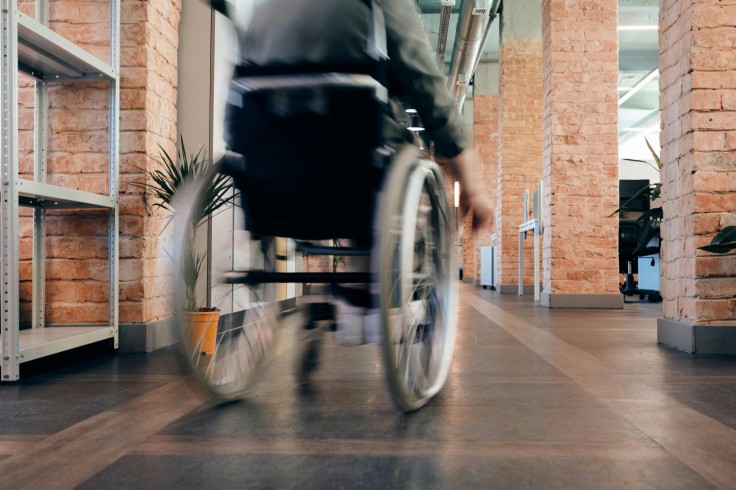
The United States is seeing a rise in a respiratory virus that causes polio-like symptoms and paralysis in children.
U.S. wastewater samples have detected a rise in EV-D68, an enterovirus that has been linked to acute flaccid myelitis (AFM). Of 372 samples collected in the past two weeks, 282 tested positive for the virus, per data from Wastewater Scan, a nonprofit monitoring network.
"We are detecting EV-D68 nucleic acids in wastewater across the country now, and the levels are increasing," Alexandria Boehm, program director at the nonprofit, told NBC News.
What Is Acute Flaccid Myelitis?
AFM is a serious neurologic condition that affects the spinal cord. While AFM cases caused by EV-D68 are rare, children who are infected with the virus can suffer from muscle weakness in the arms or legs, loss of muscle tone, and loss of reflexes. Similar to polio, AFM can lead to permanent paralysis in some patients, according to Mayo Clinic.
Most of the time, however, the virus causes mild symptoms such as a runny nose, cough, and headache.
There is no specific treatment for the paralysis caused by AFM. Intensive physical therapy can be suggested by health providers, but many still suffer from life-altering disabilities.
Who Are at Risk of Getting Infected?
EV-D68 infections often peak in summer and fall. Infants, children, and teenagers, especially those with asthma, are at highest risk of getting infected.
AFM cases have spiked in waves, with cases soaring every other year since the Centers for Disease Control and Prevention (CDC) began monitoring the condition in 2014. The number of AFM cases hit a peak of 238 in 2018.
In 2020, AFM cases fell to just 32 reports amid the COVID-19 lockdowns but surged again in 2022 after the pandemic-related restrictions were lifted.
As of September 2024, the CDC has confirmed 13 cases of AFM nationwide. This brings the total number of AFM cases logged since 2014 to 758. There are still 22 patients under investigation.
There is currently no vaccine for EV-D68. Health professionals recommend regular hand washing and avoiding close contact with people who are sick to avoid contracting the virus.